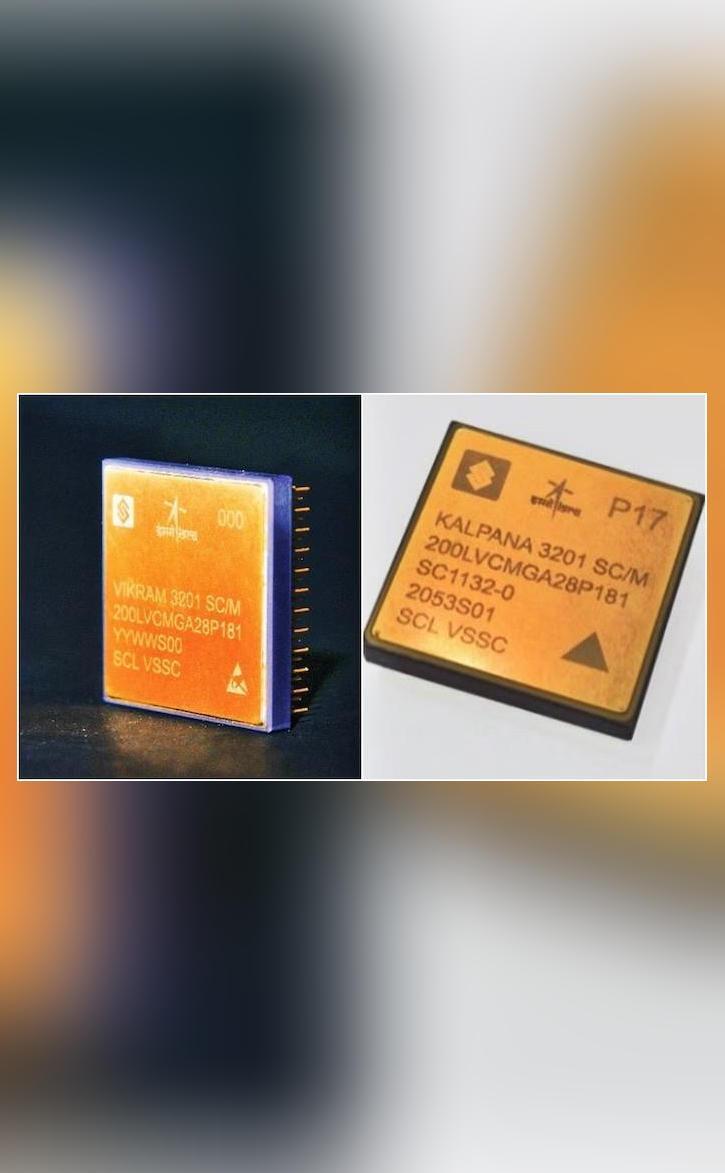
ISRO & SCL Develop 32-bit Microprocessors for Space Applications
In a major breakthrough, the Indian Space Research Organisation (ISRO) and the Semiconductor Laboratory (SCL) in Chandigarh have jointly developed two 32-bit microprocessors, VIKRAM3201 and KALPANA3201. These microprocessors have been specifically designed for space applications, catering to the growing demand for indigenous technology in the space sector.
The VIKRAM3201 microprocessor is a significant achievement, as it marks the first fully “Make-in-India” 32-bit microprocessor that has been qualified for use in the harsh environmental conditions of launch vehicles. This development is a testament to India’s growing capabilities in the field of space technology and the country’s aspirations to join the league of leading space-faring nations.
The development of these microprocessors is a result of a collaborative effort between ISRO and SCL. The SCL, a premier research and development organisation in the country, has been working closely with ISRO to develop indigenous microprocessors that can meet the specific requirements of the space sector. The VIKRAM3201 and KALPANA3201 microprocessors are designed to operate in extreme temperatures, radiation, and vibrations, making them ideal for use in space applications.
The VIKRAM3201 microprocessor is a 32-bit processor that is designed to operate at a clock speed of up to 100 MHz. It features a unique architecture that enables it to withstand the extreme temperatures and vibrations encountered during launch and space travel. The processor has a power consumption of less than 1 watt, making it an energy-efficient solution for space applications.
The KALPANA3201 microprocessor, on the other hand, is a 32-bit processor that is designed to operate at a clock speed of up to 200 MHz. It features a high-speed bus architecture that enables it to transfer data at high speeds, making it suitable for applications that require high-speed processing.
The development of these microprocessors is a significant milestone for the Indian space industry, as it marks a shift towards indigenous technology in the space sector. The use of indigenous microprocessors will not only reduce the country’s dependence on foreign technology but also enable it to develop more sophisticated and complex space systems.
The VIKRAM3201 and KALPANA3201 microprocessors have been developed to meet the specific requirements of ISRO’s space missions. The processors will be used in various space applications, including satellite communication, navigation, and scientific research. They will also be used in launch vehicles, including the Geosynchronous Satellite Launch Vehicle (GSLV) and the Polar Satellite Launch Vehicle (PSLV).
The development of these microprocessors is a testament to the capabilities of the Indian space industry and its ability to develop complex technologies. The collaboration between ISRO and SCL has been instrumental in achieving this milestone, and it is expected to pave the way for more indigenous developments in the space sector.
In conclusion, the development of the VIKRAM3201 and KALPANA3201 microprocessors is a significant achievement for the Indian space industry. The microprocessors are designed to operate in extreme environmental conditions and are suitable for use in various space applications. The development of these microprocessors marks a shift towards indigenous technology in the space sector and is a testament to the capabilities of the Indian space industry.






